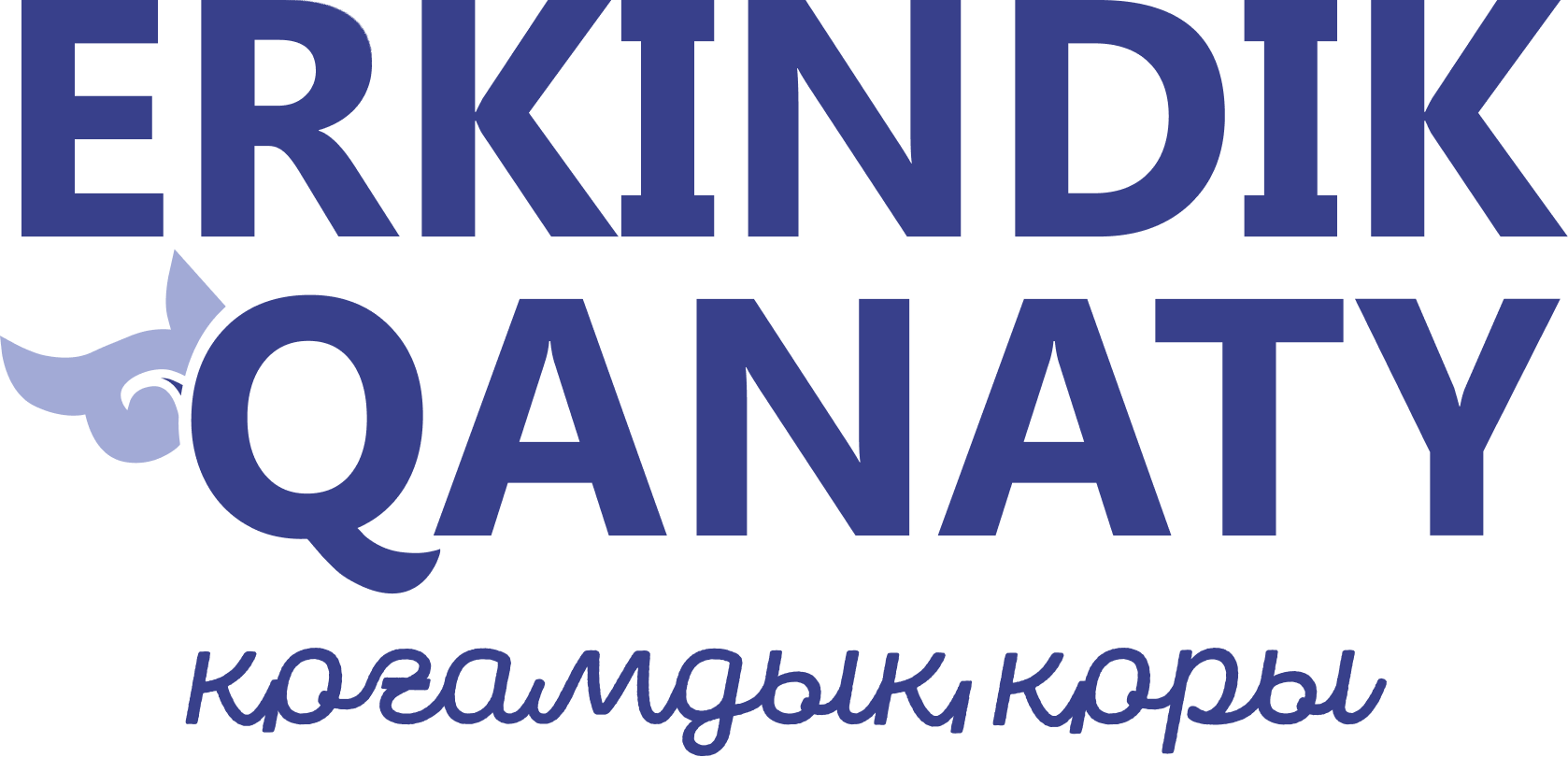Peaceful assemblies
Freedom of peaceful assembly is a negative right, which means that the State does not have any positive obligation to ensure it.
In other words, the State may not make any effort (including financial) to ensure freedom of peaceful assembly.
There is also a specific law on the procedure for holding peaceful assemblies in the Republic of Kazakhstan, which entered into force on 6 June 2020.
Unfortunately, the adopted law contains discriminatory norms, imposes additional restrictions and places administrative responsibility on the organizers and participants of peaceful assemblies.

A peaceful assembly can't be organized by:
- 1
A citizen of Kazakhstan recognized by a court as legally incompetent or of limited legal capacity, or who has been sentenced to correctional labour, community service, restriction of liberty, arrest or imprisonment for the period of serving his or her sentence
- 2
A citizen of the Republic of Kazakhstan who has an outstanding or unexpunged criminal record for participation in mass riots, treason, espionage, extremist and terrorist crimes, violation of the order of organization and holding of peaceful assemblies.
- 3
A legal entity that has not been registered in the manner prescribed by the legislation of the Republic of Kazakhstan
- 4
An organization whose activity is suspended or prohibited in the manner prescribed by the laws of the Republic of Kazakhstan
The application for approval must be completed with 12 points, including the route and sources of funding.
The Law establishes the right of local executive bodies to determine the list of specialized places for holding peaceful assemblies, the number of which must be at least 3.
The local executive body has the right:
- Refuse to hold a peaceful assembly on 10 grounds
- Stop peaceful assembly on 6 grounds
On the other hand, the International Covenant on Civil and Political Rights, the guidelines of the Organization for Security and Cooperation in Europe and the Universal Declaration of Human Rights and Freedoms indicate that:
- 1
The notification procedures should be subject to a proportionality assessment and their aim should be solely to promote the right to freedom of peaceful assembly.
- 2
The notification system established should facilitate peaceful assembly and should not be used as an actual requirement for prior authorization
- 3
Failure to notify the authorities of an assembly does not make the assembly unlawful and should therefore not be used as a reason to disperse the assembly.
- 4
The prior notification requirement should not be confused with the prior approval requirement.
- 5
Freedom of peaceful assembly is a right, not a privilege; its exercise should not be subject to prior authorization by the authorities.
- 6
The holding of meetings is as justifiable as the use of public space as the trade or traffic of vehicles and pedestrians.
- 7
Certain disruptions to the normal course of life caused by meetings, including traffic violations, irritation of merchants and even harm to commercial activities, must be accepted so that the right does not lose its essence.
- 8
The right to peaceful assembly is an individual right that belongs to all persons.
- 9
Acts of violence committed by individual participants in an assembly do not make an assembly non-peaceful.
On prevention of citizens with criminal record to the status of organizers of peaceful assemblies under Article 174 of the Criminal Code:
- 1
The term "extremism" has nothing to do with binding international legal norms and, when used as a criminal category, is incompatible with the enjoyment of certain basic human rights.
- 2
Use of anti-extremism laws to suppress such "extremism" activities such as holding peaceful assemblies are not in accordance with the government obligations
What if you were detained at a peace assembly?
Police officers may arrest you and take you to the police station.
Find out the reason for the detention, the name and position of the officer who detained you and write down (remember) the unique token number.
In case of detention, do not in any way resist the police, do not use foul language or abusive language.
Do not behave aggressively so that it can be seen (including in photos/videos) that you are not resisting.
Immediately inform your relatives or acquaintances where and how you were detained, try to find out where they are going to take you.
In case of detention and if physically possible, inform your family and friends about it by any means available.
If you have been abused, ask the police to give you first aid and call an ambulance team. If you have been denied assistance, record the injuries and the denial.
After leaving the ward, contact an attorney or human rights defender and see a doctor (medical examiner) to document the injuries.
- 1
It must be clarified whether a peaceful assembly has been agreed upon and whether notification has been given. Responsibility for participation in uncoordinated peaceful assemblies, according to the legislation in force, applies not only to the organizers but also to ordinary participants.
- 2
Participation in uncoordinated peaceful assemblies is subject to a warning or a fine of 30 months' worth of estimates or administrative detention for up to 15 days.
- 3
Ask the organizers or the local government (akimat) whether a peaceful assembly has been agreed upon.
It's forbidden in a peaceful assembly:
- 1
Under the current legislation, it is prohibited to wear clothing that conceals a person, except for personal protective equipment (medical masks).
- 2
Demonstration of symbols of extremist, terrorist and religious organizations recognized in court in Kazakhstan
- 3
Speak with slogans, appeals that can be interpreted as an incitement to social, national, tribal, racial, class discord.
Such slogans may be used against you under article 174 of the Criminal Code of Kazakhstan.
- 4
It is also prohibited to be intoxicated in a peaceful assembly. Do not take alcohol or drugs with you (we hope you do not use them at all).
- 5
Take the children with you to peaceful meetings. The involvement of a minor threatens with a fine of one hundred monthly estimates or administrative detention for up to ten days.
We recommend you bring it with you:
Don't forget to take your ID card with you
- We recommend you to take a bottle of water, a charged phone, power bank and a cable
We recommend you to dress up taking into account the weather conditions and the fact that you may stay on the street for several hours
Do not take with you bank cards, a wallet, passwords saved on the phone and others think you would not like to be taken by police. Remember about risk minimization
Do not take any weapons, pyrotechnics, flammable or poisonous substances with you.
Photographing and video-making of persons in the performance of their official duties (police officers) is permitted.
Unfortunately, using any precautions and following the law does not guarantee that you will not be arrested.
In case of detention and if physically possible, inform your family and friends about it by any means available. Make a social media publication so that human rights groups can respond and provide legal aid in time.
You can learn more about how to behave when detained by downloading QALTADA
If possible, inform your friends, your lawyer in advance about your participation and role in the peaceful assembly (participant, blogger, media representative or others).
The web-site reflects information on human rights activities launched by PF Wings of Liberty in 2015, aimed at human rights education.
Use of ErkindikQanaty.kz materials - only with a link to the resource.
Sunday is a weekend.
8, Kenesary Street,
Astana (Nur-Sultan)








